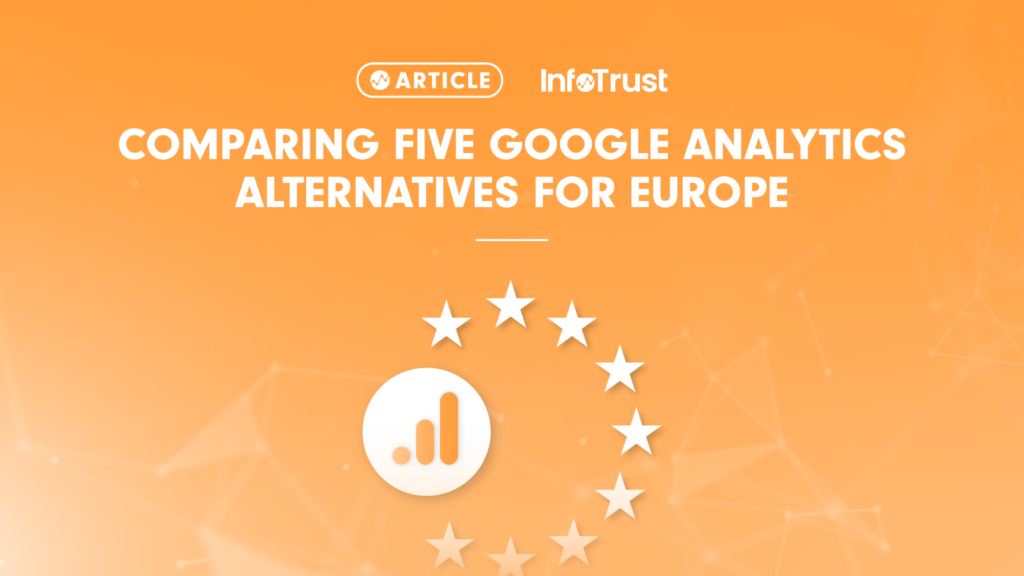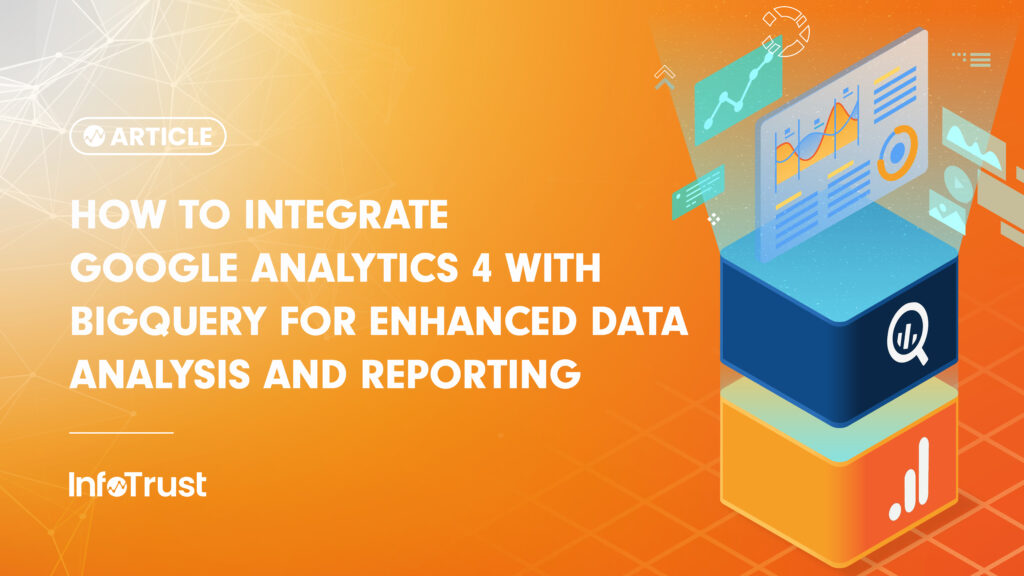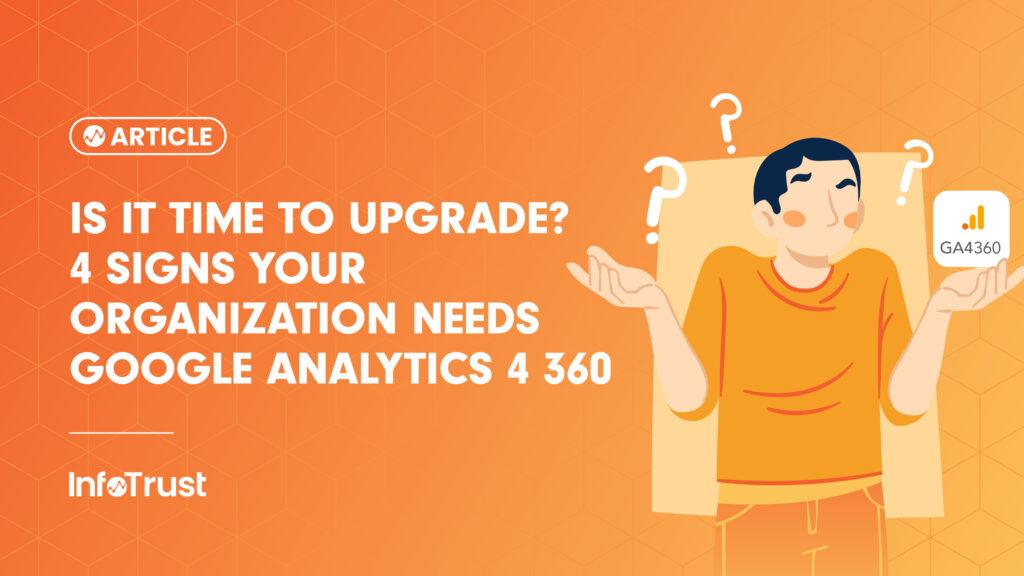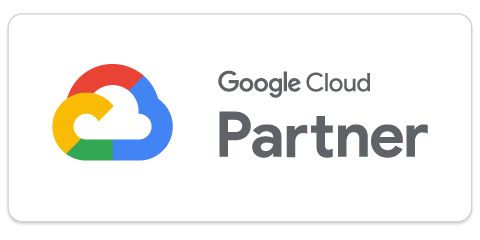EU Country Rulings
Multiple data protection authorities across Europe have released unfavorable findings against Google Analytics (GA), including the latest iteration of Google Analytics 4 (GA4) and the enhanced privacy-focused features (which my colleague Lucas covered in great detail here). Then there’s the latest EU-US data sharing agreement being invalidated again—and while the respective governments are in talks to get a new agreement agreed upon and in place, the likelihood of it being challenged and invalidated again are high based on the current texts (which I wrote about last week).
All of this might have you wondering if there’s an alternative that’d make these developments moot by ensuring no EU citizen’s personal data leaves the confines of the EU. Here I take a look at a handful of GA alternatives for Europe.
Matomo and Piwik Pro: The Straight Swaps
Formerly Piwik, Matomo is a free, open source digital analytics platform. Billed as a “Google Analytics alternative that protects your data and your customers’ privacy,” it’s the closest thing to GA’s Universal Analytics out of the box along with a couple other variants built on top of the technology including Piwik Pro and Friendly Analytics.
Matomo is free, open-source, purports 100% data ownership, and no data sampling. Matomo is the closest plug-and-play alternative to Universal Analytics with near like-for-like capabilities across features, reports, dimensions, and metrics—so much so it’s easier to outline what it doesn’t have (which is full integration with Google Marketing Platform (Google Ads only) and any attribution reporting).
There’s a GA Importer plugin which imports GA reports along with goals and custom dimensions into a Matomo instance (but not all GA data is accessible through the API). Along with EU data storage, all client data is stored in the client’s own MySQL database, and logs or report data are never sent to any other servers by Matomo.
Piwik PRO started in September 2013 with consulting services offered for the open source Piwik (now Matomo) platform. In 2016, Piwik PRO went their separate ways from Piwik “developing a new proprietary platform: Piwik PRO Analytics Suite” which is not too dissimilar from Matomo.
Piwik Pro basically offers paid support service on top of their “free core” plan which also includes a Customer Data Platform module. Aside from some backend data processing differences to improve reporting speed, those are the standout differences from Matomo.
Snowplow: A Totally Different Direction
Snowplow aims to generate complete, accurate, and well-structured event data across all platforms and channels in a common format: a single, unified data set generated from web, mobile, and other sources. It does three things:
- Identifies users and tracks the way they engage with a website or application
- Stores users’ behavioral data in a scalable “event data warehouse” in a cloud environment: Amazon Web Services (AWS) Redshift, Google Cloud Platform (GCP) BigQuery, Snowflake, or Elasticsearch
- Analyzes that data using pretty much any tool/technique you want including big data tools via EMR or more traditional tools e.g. Looker, Mode, Superset, Re:dash
Snowplow started life as a web analytics data warehousing platform and has a basic schema suitable for performing web analytics with a wide range of web-specific dimensions (related to page URLs, browsers, operating systems, devices, IP addresses, cookie IDs) and web-specific events (page views, page pings, transactions).
As Snowplow has evolved into a general purpose event analytics platform, users can define additional event types (called custom unstructured events) and define their own entities (custom contexts) to extend the schema to suit their own businesses. All the events are stored in a single table to make running queries across the data as straightforward as possible.
There are more than a few similarities in the planning of the “data stream” for Snowplow and server-side tagging in Google Tag Manager (GTM). The attraction of Snowplow is the potential to unify all data as part of collection and processing with a single platform as opposed to the current piecemeal approach most commonly used (but that’s easier said than done). It’d be a mammoth task and require serious senior stakeholder buy-in.
Fathom and Plausible: Simplicity Reigns
Billed as “the first website analytics company to be both simple to use and completely privacy-focused,” Fathom does not use cookies or collect and store any personal data and offers “single page with the data you need to help your website or business.”
The embed script (javascript) is loaded from a global content delivery network (CDN). Once the script is loaded, a pageview request is sent to either the EU-owned servers via EU Isolation (if the visitor is in the EU) or to their servers in the United States (if a visitor is outside of the EU). This request will contain details about the page the user is on and the website that referred them.
Long story short, they keep SHA256 hashes that allow them to determine unique visitors over the course of 24 hours without creating any privacy risk. Fathom is also able to calculate time on page, bounces, and exits using this method. It means Fathom doesn’t use cookies. It also means the tracking model is url-based and there’s no evidence of event tracking aside from destination url goal tracking.
Fathom is as stripped-back digital analytics as you can get. What’s lost in terms of reports/dimensions/metrics could be offset by gains in data collection; because Fathom doesn’t need user consent and bypasses most cookie blocking technology (especially using a custom domain), users should get close to 100 percent of visitor data. Here’s a live example of the Fathom report.
Plausible is an Open Source version of Fathom. Everything about the websites are so similar I had to do a company search to make sure one wasn’t a clone of the other. Plausible is billed as “lightweight and open source web analytics. No cookies and fully compliant with GDPR, CCPA and PECR. Made and hosted in the EU, powered by European-owned cloud infrastructure.” Plausible tracks a small number of dimensions and metrics and presents them on an easy-to-read dashboard and everything is on one page.
Plausible states the goal of their analytics is to track overall trends—not to track individual visitors—which means all the data is in aggregate only. It works the same way as Fathom does. A single dashboard report is all there is. Much like Fathom, Plausible doesn’t need user consent and bypasses most cookie blocking technology (by using a custom domain) but does have support for custom event and goal tracking that isn’t URL-based. Fathom does allow roll-up reporting which aggregates data for a set of websites on a single dashboard. While deployment is identical to Fathom, where Plausible differs is enhanced support for event tracking and custom events. Here’s an example of their report.
What Does This Mean for Your Business?
I’ve covered six, but there are many more. Finding an alternative that works for you and your digital analytics needs within the wider context of your digital marketing activity and marketing technology stack is no easy task. If that’s a discussion you’re thinking about having, we’re here to chat.










